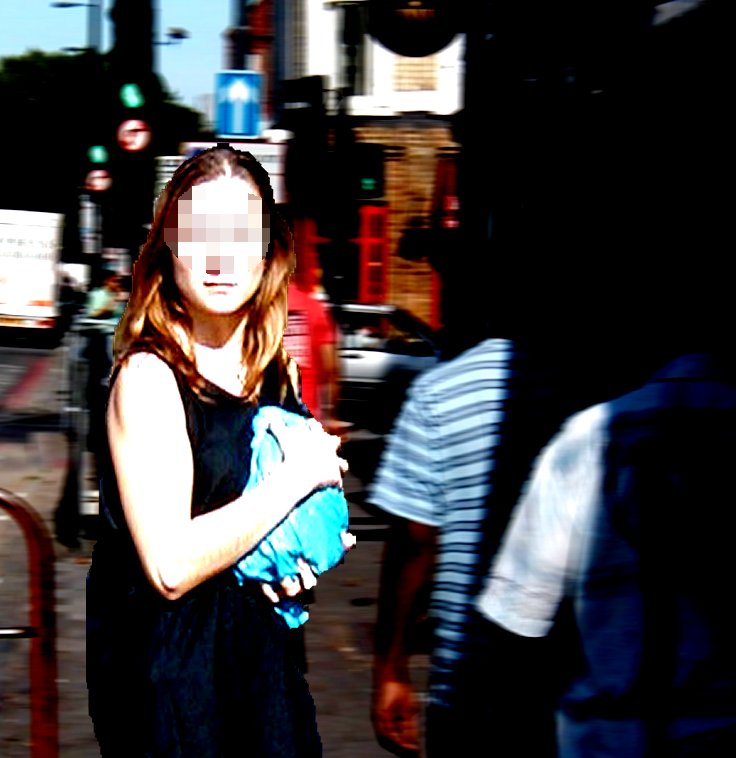Talking To Terrorists by Robin Soans Oxford Playhouse, 26-30 April 2005 I wasn't really sure what to expect from documentary theatre - would it involve long didactic voice-overs? Would it be convincing? Would it make use of the medium or simply be like watching live television? Out of Joint's production of Talking to Terrorists impressed me on all fronts. The audience is presented with a series of accounts from a collection of characters who come from diverse walks of life and diverse regions of the earth, all united by the fact that their lives have been touched by terrorism in some way. Although we are presented with many characters, they each recur with sufficient regularity to create a comforting sense of continuity and to allow us to engage with each of their stories. The show is intensely personal, which, paradoxical though it may sound, is a very effective tactic for driving home the central message of the piece: that terrorism is not at all personal; any of us could have been a terrorist, had we be born in a different time, place, or situation, and all of these witnesses are human beings, just like us. |
 |
The performance begins almost imperceptibly, with an extremely slow fade and familiar domestic scene, and the actors address the audience with their stories with such directness, honesty and openness that you feel almost privileged to have such confidence bestowed upon you. Indeed, the production's greatest asset is its candour and the uniformly stunning cast and sensitive direction is worthy of much praise. The actors show great versatility, playing multiple roles with great success, investing each character with genuineness and avoiding insipid stereotypes. The space is used in a balanced yet dynamic way and movements are truthful and uncontrived. The 'docu-theatre' genre is successfully exploited by the use of techniques such as narratorial intervention, undefined spaces, theatrical transitions between scenes, and certain chunks of past events being enacted as opposed to simply recounted. The writing is well shaped for the theatre, and the monologues of the witnesses are interlocked vibrantly as well as sensitively, keeping the audience fully engaged: sometimes links between the witnesses' juxtaposed monologues are immediately obvious, sometimes initially obscure; sometimes they emerge gradually, and sometimes they become clear in a sudden flash. Humour also has an important role and is manipulated in a subtle and closely-observed way; it is not used as a barrier to shy away from awkward issues, nor does it trivialize the subject, but just the right dosage is injected at appropriate moments so as to prevent the audience closing up and to allow them to remain engaged throughout the more horrific passages. It's great to see something at the theatre with such a lucid and specific purpose, with a poignant, direct and relevant message. If you are in search of escapism, steer clear of this production, but if you are keen to have your eyes opened, to giggle and gasp, I would highly recommend Talking to Terrorists. Holly Dickens, April 27 2005 |
|